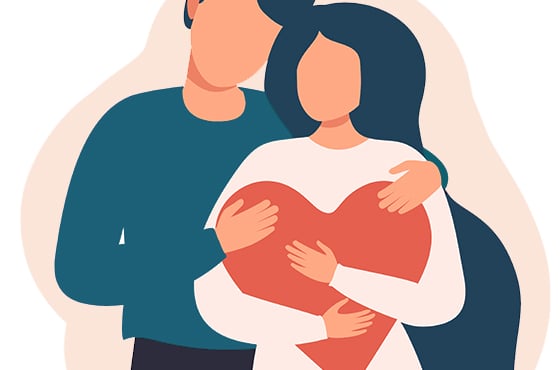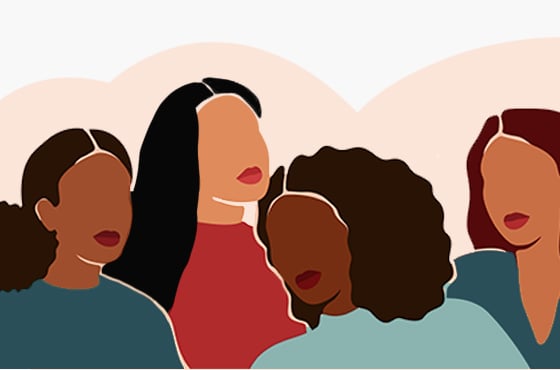If you are faced with infertility, are single, or are in a same-sex relationship, and you want very much to be a parent, you are probably thinking about the options of adoption and donor assistance. The good news is that they both offer the satisfactions and pleasures common to all parenting – plus some special responsibilities.
Prospective parents tend to focus on short-term, concrete aspects of the decision, such as timing and cost, while giving less attention to how each will affect the life of their family in the long term. People often say, “We just can’t think that far out; we’ve had so many disappointments.” Or, “I’ll cross that bridge when I come to it.”
However, no matter how elusive the goal of becoming a parent might seem, it is nonetheless important to spend time exploring long-term implications. In both adoption and donor assistance, it’s not just about you as a prospective parent; it’s about building a family, with a child at the heart of that family. Understanding how each option will play out over a lifetime will inform the decisions you are making now.
Coming to Terms with the Losses
Though difficult, coming to terms with feelings about infertility, or about being a single parent, will help you make the best decision for yourself now, and will influence how you help your child later. Because infertility is traumatic it can affect the ability to think clearly, make the best possible decisions and move forward from a position of strength. Failing to grieve can also compromise a parent’s sense of entitlement to a child who is not biological, thus making it more difficult to feel competent and empowered as a parent. This may also be true for those singles who are disappointed and confused about not having a mate, and apprehensive about raising a child by themselves.
Why is addressing these issues important? Both adoption and parenting through donor assistance address childlessness – but they are not a cure for infertility. Though painful, grieving ultimately helps you to move on either to a child-free life or to becoming a parent through different means. It’s important to mourn the loss of the biological child you expected and hoped for so that you can fully embrace the child you may have.
Asymmetry
The fact that donor assistance provides the opportunity for one parent to have a genetic connection to the child has some obvious benefits to all, including the fact that there are fewer unknowns in terms of background and more control over the prenatal environment and pregnancy. It does, however, create asymmetry in the relationships to the child. In some cases this may predispose the non-genetic parent to feel “left out,” or the genetic parent to feel more “entitled” as a parent. In the case of female infertility, pregnancy and birth may be helpful in redressing the imbalance for the mother. However, if left unaddressed, feelings generated by the asymmetry can be damaging to the family.
In adoption parents share the same status because neither has a genetic connection to the child. This may sometimes have benefits in terms of family dynamics. On the other hand, the child has no genetic tie to the family. The fertile parent loses the opportunity to have a genetically-related child, and for some people that is very difficult. The spouse or partner who is infertile may, particularly in times of stress, feel guilty about this. The fertile parent may have difficulty acknowledging his or her loss, worrying that it may be hurtful to their mate.
The Different Worlds of Adoption and Assisted Reproduction
As you think about adoption and donor assistance, keep in mind that these two paths to parenthood are at different stages in their evolution. By being aware of the respective histories and models you will be able to understand differences in vocabulary, settings, roles of professionals and values. This in turn will enable you to identify the implications of each option for you and your family.


